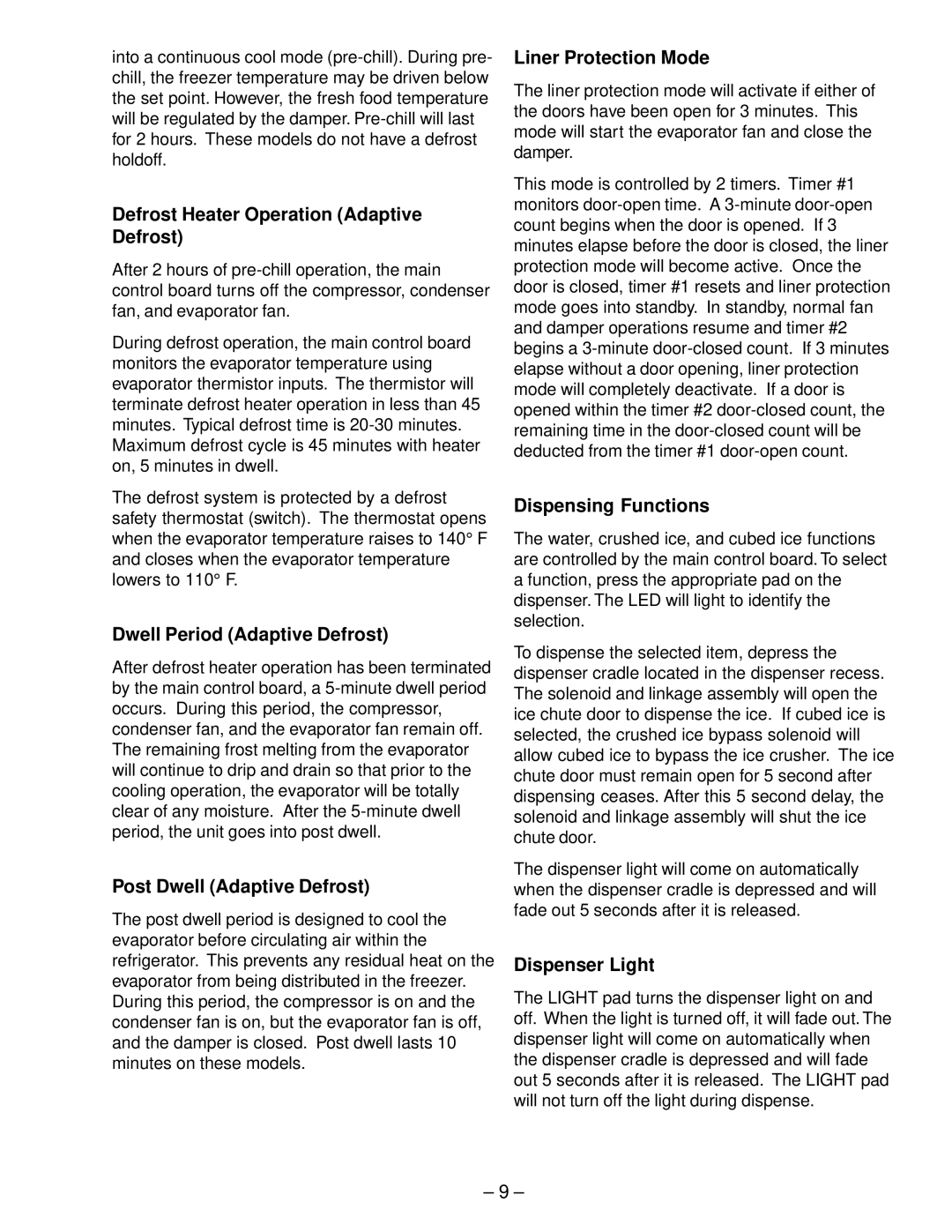SSS25, HSS22, HSS25, ESS22, ESS25 specifications
General Electric (GE) has consistently been at the forefront of innovative technologies and solutions for various industries. Among its notable offerings are the GE GSS22, GSS20, GSS25, ESS25, and ESS22 models which reflect the company's commitment to efficient design and functionality in energy systems and appliances.Starting with the GE GSS22, this model is designed with a focus on energy efficiency and modern convenience. It features advanced adaptive cooling technologies that optimize temperature control, ensuring food stays fresh longer. The stainless-steel finish not only provides a sleek look but also offers durability and ease of cleaning. Additionally, the GSS22 comes equipped with adjustable shelves and ample storage options, making it incredibly versatile.
The GSS20 model takes similar features and enhances user experience with its user-friendly interface and additional storage solutions. It incorporates a unique filtration system that keeps ice and water clean and fresh, and its state-of-the-art LED lighting illuminates the interior efficiently. The GSS20 is designed to meet the needs of families, with ample space for groceries and easy organization.
For those requiring greater capacity and advanced features, the GE GSS25 is an optimal choice. It boasts a large capacity and includes specialized compartments that cater to different food types. The internal cooling technology evenly distributes cool air, preventing temperature fluctuations. This model also features smart connectivity options that allow users to monitor and adjust settings remotely via a smartphone app, reflecting the trend towards smart appliances.
The ESS25, part of GE's energy-efficient series, emphasizes sustainability without sacrificing performance. It utilizes eco-friendly refrigerants and incorporates design techniques that minimize energy consumption. The ESS25 features an intuitive control panel and practical storage configurations to maximize efficiency in space usage.
Lastly, the GE ESS22 model is tailored for those looking for a balance between size and efficiency. This model emphasizes energy savings while still delivering full functionality. With smart features like temperature control alarms and adjustable humidity settings, ESS22 focuses on preserving the quality of food stored inside.
Overall, the GE GSS and ESS series stand out in the market due to their blend of innovation, energy efficiency, and user-centered design, making them suitable options for modern households looking to enhance their kitchen experience.
